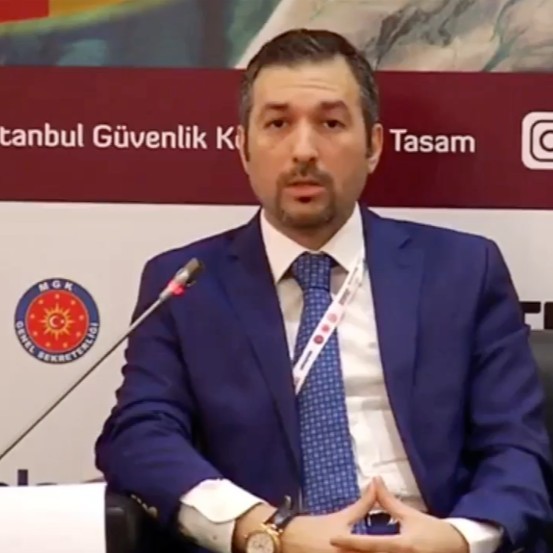The idea of creating an inclusive regional security system in the Middle East has received considerable attention over the past few years. The wars in Libya, Syria and Yemen, the GCC crisis from 2017-2021, attacks on oil installations at Abqaiq and Khurais, continued instability in Iraq, and the Iranian nuclear issue, have facilitated a reassessment in some foreign and security policies. Evolving regional relations with Israel under the Abraham Accords and the changing balance of relations between regional parties and international actors such as the US, Russia and China have also created new contours and motives for international engagement. Having abandoned maximalist policies in the region, the US appears intent on building a more competitive and cooperative military presence in the kingdom to counter the influence of US adversaries. CENTCOM’s Red Sands Integrated Experimentation Center tasked with countering drone and missiles threats is a key expression in a revitalised era of hard power cooperation.Security in the Gulf region remains in flux, unaided by differences between US and European policymakers following the 2018 US withdrawal from the Joint Comprehensive Plan of Action (JCPOA) nuclear deal with Iran, and the building of ties between some Gulf Cooperation Council states and Israel following the signing of the Abraham Accords in 2020. Israel and Iran continue to engage in a shadow war, and Iran is pushing ahead with its nuclear, missile, and drone programs and consolidating a network of allies and proxies in a so called “axis of resistance” against US interests.Countries in the region are demonstrating a recent openness toward de-escalation and rapprochement. Saudi Arabia and the United Arab Emirates are showing an interest in reducing tensions with Iran and Iraq has hosted several rounds of talks between Saudi Arabia and Iran. Kuwait and the UAE have each appointed an ambassador to Iran more than six years after recalling their top envoys in 2016. However, amid stalled nuclear talks with the US, and the Saudi execution of activists including Shi’ite Muslims, Iran suspended a fifth round of talks with Saudi Arabia in March 2022. Protests in Iran could threaten the process further. Saudi Arabia and the UAE are improving ties with Turkey, with multiple recent diplomatic exchanges. Whilst these initiatives may not address wider points of contention, some may represent a watershed moment for advancing a dialogue on issues affecting Gulf security.










